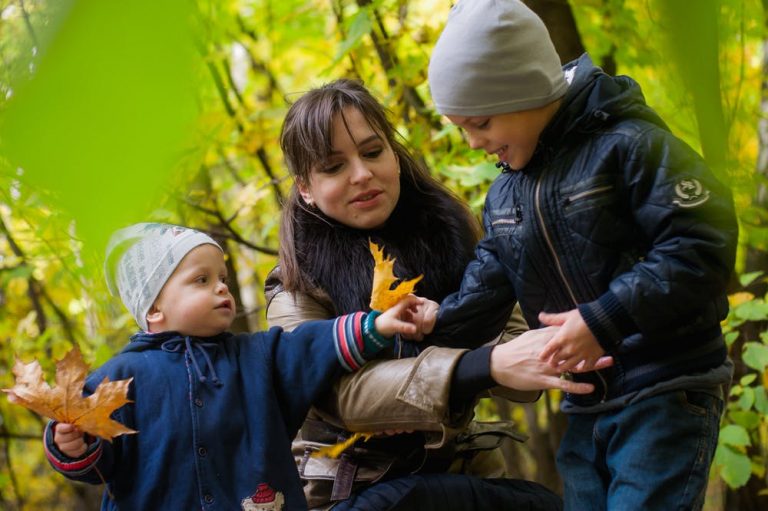
By Marie Haaland // SWNS
Seven in 10 parents believe spending a year in quarantine will have a lasting effect on their child’s growth and development, according to new research.
The survey of 2,000 parents with children aged 2–18 looked at parents’ top concerns for their child, after spending the majority of 2020 cooped up inside.
For the 69% with concerns about quarantine leaving a lasting impact, the top concern is that it’ll be more difficult for their child to connect with people in-person in the future (52%).
Conducted by OnePoll on behalf of The Genius of Play, the survey found parents were also concerned it’ll be more difficult for their child to play (44%) or make friends in the future (also 44%) after being separated from their peers.
Not only that, but 68% of the parents surveyed believe their child’s social skills were stunted as a result of spending so much time in isolation.
These weren’t the only concerns parents had with regard to their children as a result of 2020.
Turns out, 72% of respondents also believe, during 2020, their child was lonelier than ever before — and 58% said they, too, were lonelier than ever.
Overall, 79% of parents in the survey felt that 2020 was the most difficult year ever for their family, with 65% saying that parenting was harder than in any other year.
The survey revealed parents are using playtime to mitigate these feelings: 74% said they’ve encouraged their child to play more, in order to balance out their loneliness.
And results also found 76% of parents surveyed said playing with their child has been a positive escape from the reality of the pandemic.
“2020 was a year unlike any other that produced a lot of stress for families. Luckily, one of the key benefits of play is its ability to reduce stress and generate positive emotions in kids and parents alike. What’s more, research shows that toys can help kids develop emotional resilience and nurture social skills such as empathy,” said Anna Yudina, senior director of marketing initiatives at The Toy Association, which spearheads The Genius of Play.
When asked what positives they’ve seen as a result of spending more time at home over the past year, the top response was being able to spend more time playing with their child (46%).
That was followed by their child and their sibling(s) playing more together than in the past (42%) and parents themselves playing more than they have since they were children (42%).
But as a result of the pandemic, the ways in which children are playing has also changed (78%) — such as spending more time playing with others using virtual platforms like Zoom (45%) and playing alone more often (41%).
“The Genius of Play works with child psychologists and other experts who share play ideas and tips to help parents support the healthy social-emotional development of their children,” added Yudina. “We encourage families to visit TheGeniusofPlay.org for solutions they can trust and use to keep their children happy and entertained as we enter year two of the pandemic.”
HOW WILL THE PANDEMIC HAVE A LASTING IMPACT ON CHILDREN’S GROWTH AND DEVELOPMENT?
- More difficult for their child to connect with people in-person in the future 52%
- More difficult for their child to play in the future 44%
- More difficult for their child to make friends in the future 44%
- Their child will have more difficulty with their mental health 40%
- Their child will have more difficulty with crowds or large social events 40%
POSITIVES AS A RESULT OF SPENDING MORE TIME AT HOME DUE TO THE PANDEMIC
- Able to spend more time playing with their child 46%
- Their child and their sibling(s) are playing more together than they have 42%
- Parents are playing more than they have since they were a child 42%
- Their child has become more self-sufficient 39%
- Their child’s imagination has grown 38%
















